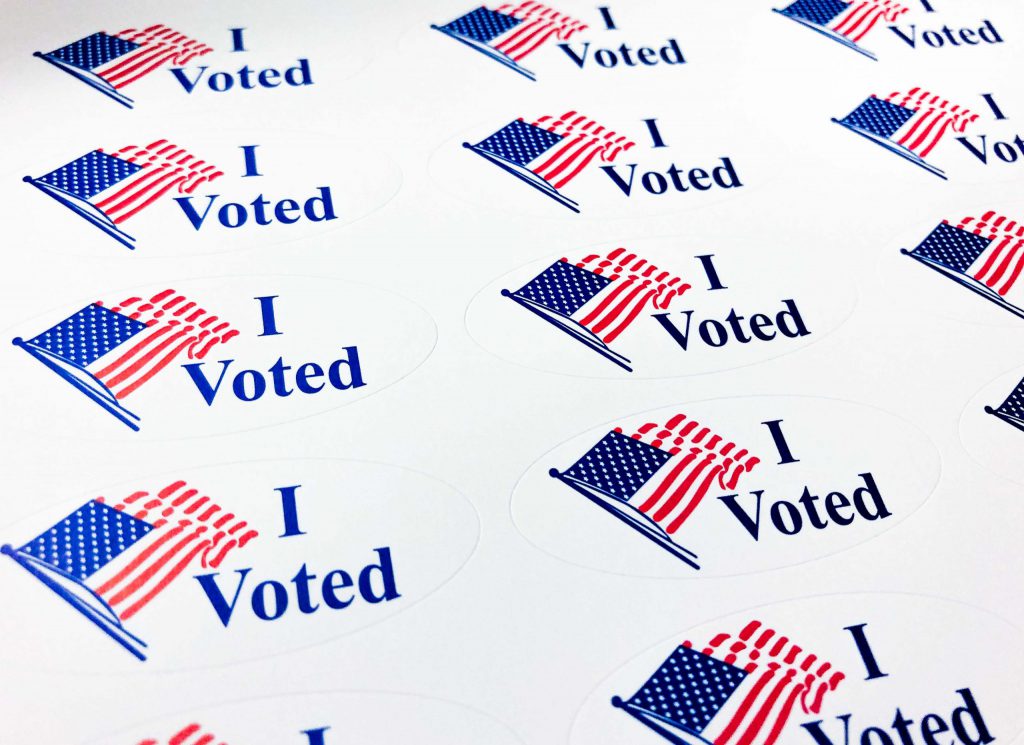Social media is at the forefront of how communication is made by Generation Z.
Gov. Spencer Cox signed a bill called the Utah Social Media Regulation Act March 23 that would limit anyone under the age of 18 to not be on social media from 10:30 p.m. to 6:30 a.m. with parental consent.
The Utah Social Media Regulation Act is a bill that protects children from the dangers of online use. Some limitations and restrictions this bill places are:
- The bill will require age verification to access any social media site for any child in the state of Utah.
- A child’s device would also block ads promoting harmful content on devices.
- The bill will also open up opportunities for children under the age of 16 to file lawsuits against social media companies if they have been harmed because of social media companies.
This isn’t the only bill Gov. Cox has signed in the past year monitoring ads and content on phones.
HB72 is a bill signed in 2021 that would block all adult content filters turned on iPhones sold in Utah at the time of purchase. This would restrict and limit a child’s intake of harmful content on a device.
Having these bills in place would limit and restrict a child’s access to social media and block any harmful ads that may pop up with parental permission. Ads encouraging harmful content like drugs, cigarettes nicotine and pornography would be disabled, and not available, for any child with a device under the age of 18.
A bill having restrictions and giving more control to parents is an opportunity for parents to take control of cellphone use.
Social media and digital marketing coordinator, Brooke Ulrich, said, “A reasonable parent is going to make some choices and some boundaries in their households, but it will be the parent’s choice.”
Applications like TikTok and Instagram have an algorithm designed to keep users on the app longer. The longer someone stays on the app, the more advertisements and money are made from the app.
If a teenager would search for harmful content in a search bar, the content would continue to be on their For You Page.
Blocking content and ads by having parental filters by parental permission could keep children and teenagers safe from harmful content.
Utah Tech University students can use this bill as a mental health check. Social media is addictive, and learning about this bill can help college students think about how much they are on social media.
“College students, specifically, need to just take control on what they feel is their boundary,” Ulrich said.
The mental health of teenagers and college students has become progressively popular as suicide rates and diagnoses involving mental health has increased.
The bills signed will potentially give children protection from the dangers of social media. Cyberbullying is still a rising issue among children and teenagers.
An article from The Children’s Society reported one in 10 teenagers said to use social media between midnight and 6 a.m. Having the restriction of no social media from 10:30 p.m. to 6:30 a.m. would encourage more sleep and help eliminate cyberbullying.
Academic adviser and professor of psychology, Emily Cook said, “Social media does have a dark side to it, but that is why they need to educate [teenagers]”.
Educating teenagers and college students about how addictive social media can be can help teenagers realize the harm of social media.
Social media is used in everyday life by teenagers and college students. The average daily use of social media is two hours and 31 minutes.
The Utah Social Media Regulation Act has proposed different ways for children and parents to come together and talk about and manage social media use. The proposal is that teenagers and children will safely navigate not only social media but also the internet.



